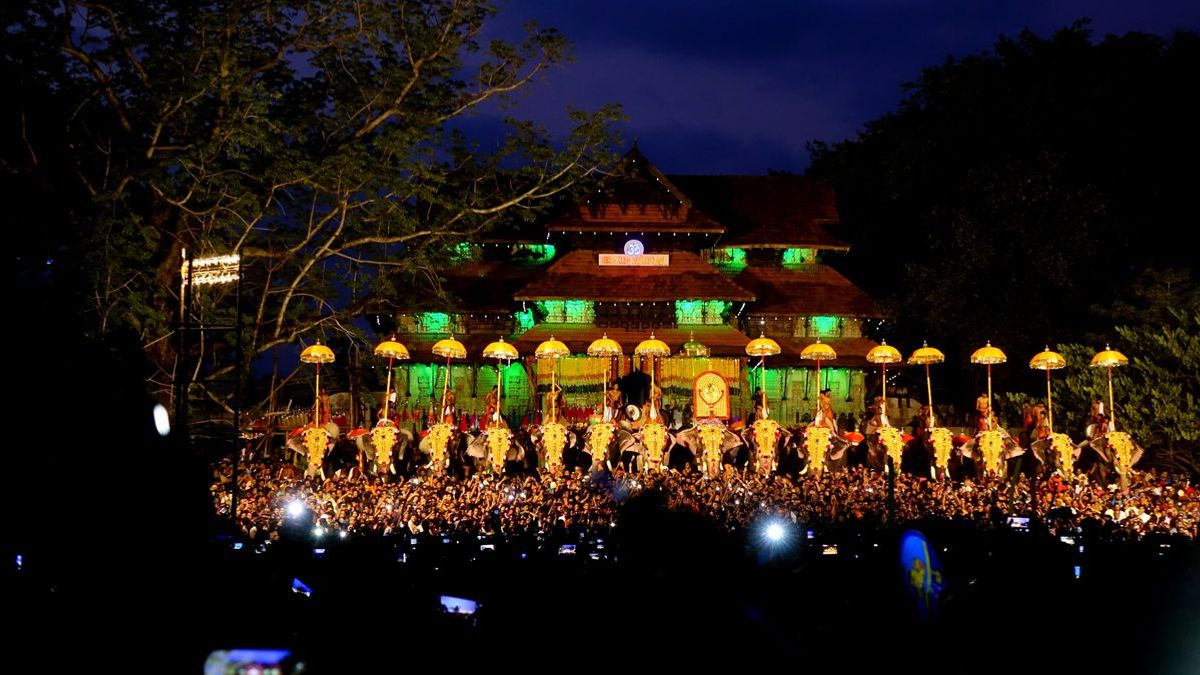
Obama Hiroshima trip stirs debate on Truman's fateful choice
Washington, May 17: Barack Obama's visit to Hiroshima next week has reignited an emotive debate over former US president Harry Truman's epoch-making decision to drop the first atomic bomb.
On April 25, 1945, thirteen days after Franklin Roosevelt's death thrust Truman into the White House, the strained new commander-in-chief got a startling top secret briefing.

"Within four months we shall in all probability have completed the most terrible weapon ever known in human history, one bomb of which could destroy a whole city," war secretary Henry Stimson said in a hand-delivered memo. Until that moment, Truman had no idea about the Manhattan Project to build the world's first atomic bomb -- despite being Roosevelt's vice president and a former senator who made his name investigating wartime defense contracts.
Within four months, the atomic bomb had been successfully tested, targets had been selected, "Little Boy" and "Fat Man" had been dropped on Hiroshima and Nagasaki killing an estimated 214,000 people, and Japan's Emperor Hirohito had surrendered.
The speed, circumstances and repercussions of Truman's decision remain contentious. That is true not least in Japan, where a majority of Obama's hosts still believe the mass bombing of civilians was unnecessary and perhaps even a crime.

Meanwhile commentators nervous that Obama's trip is tantamount to an admission of guilt, have urged him not to apologise. "When Mr Obama visits Hiroshima on May 27 he should place no distance between himself and Harry Truman," wrote Wilson Miscamble, a Notre Dame University history professor.
"Rather he should pay tribute to the president whose actions brought a terrible war to an end." For Truman's supporters, "Give 'em hell Harry" had little option. By late Spring 1945, American and Russian forces had met at the Elbe, Adolf Hitler was surrounded and the war in Europe was finally ending.
But the Pacific was exacting an ever bloodier toll. Japan showed no signs of surrender, despite heavy losses and a seemingly inevitable defeat. According to historian and biographer David McCullough, at that point not a single Japanese unit had surrendered during the war. For Truman, a veteran of the Great War, the bomb, first and foremost, appeared to offer a way out of a brutal ground invasion of Japan.
"Operation Downfall," as the mainland invasion was dubbed, could have involved at least one million US troops and as many as 2.5 million Japanese troops. With recent battles in Okinawa and Iwo Jima fresh in mind, US military planners believed the operation would cost a quarter of a million lives and extend the war by a year or more.
At the end of July, with the bomb now successfully tested, Truman gave Japan one last chance.
AFP


 Click it and Unblock the Notifications
Click it and Unblock the Notifications






























